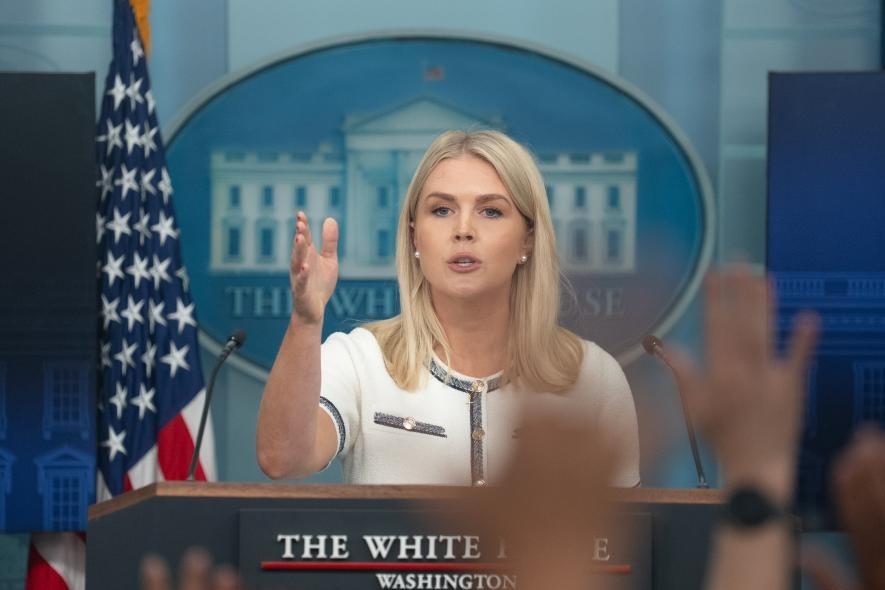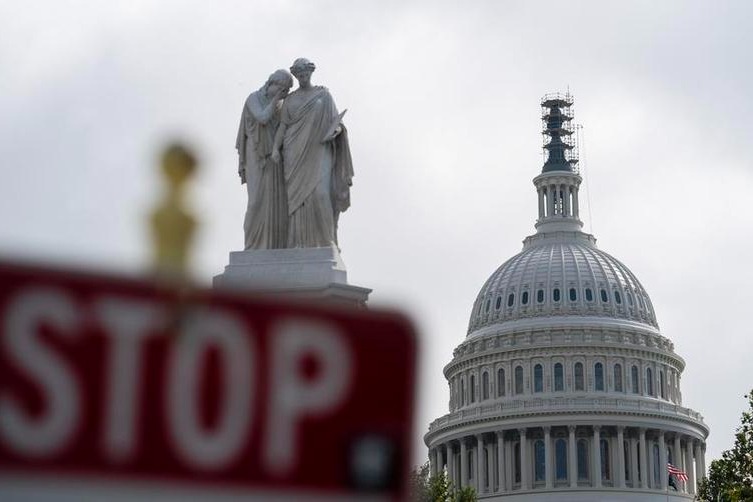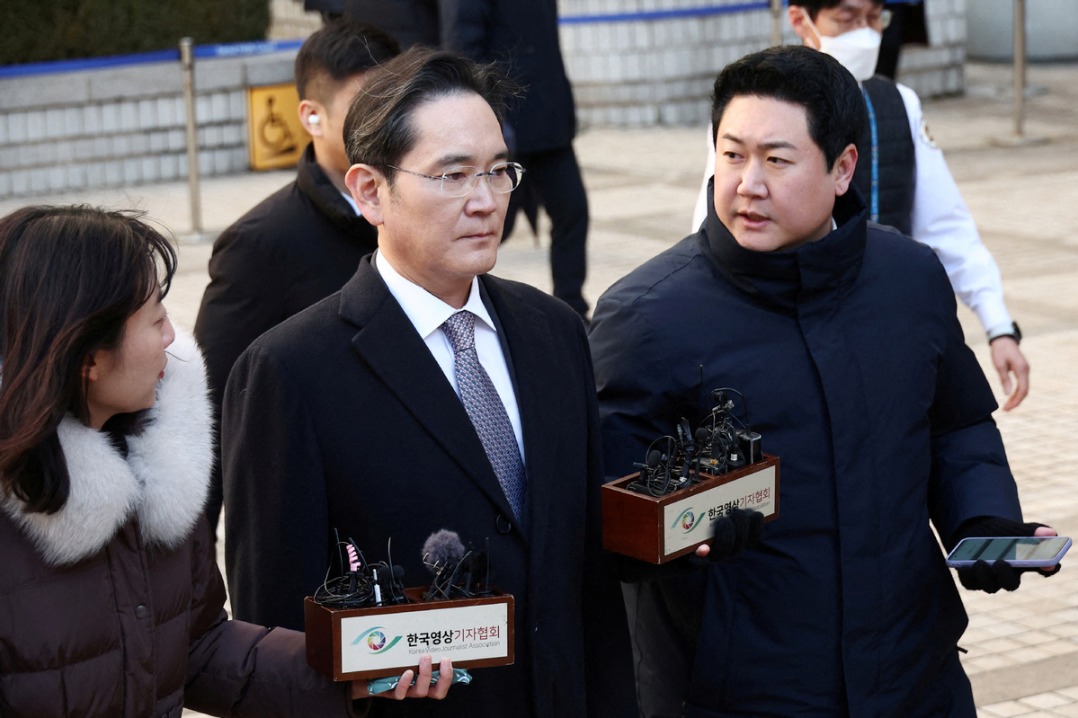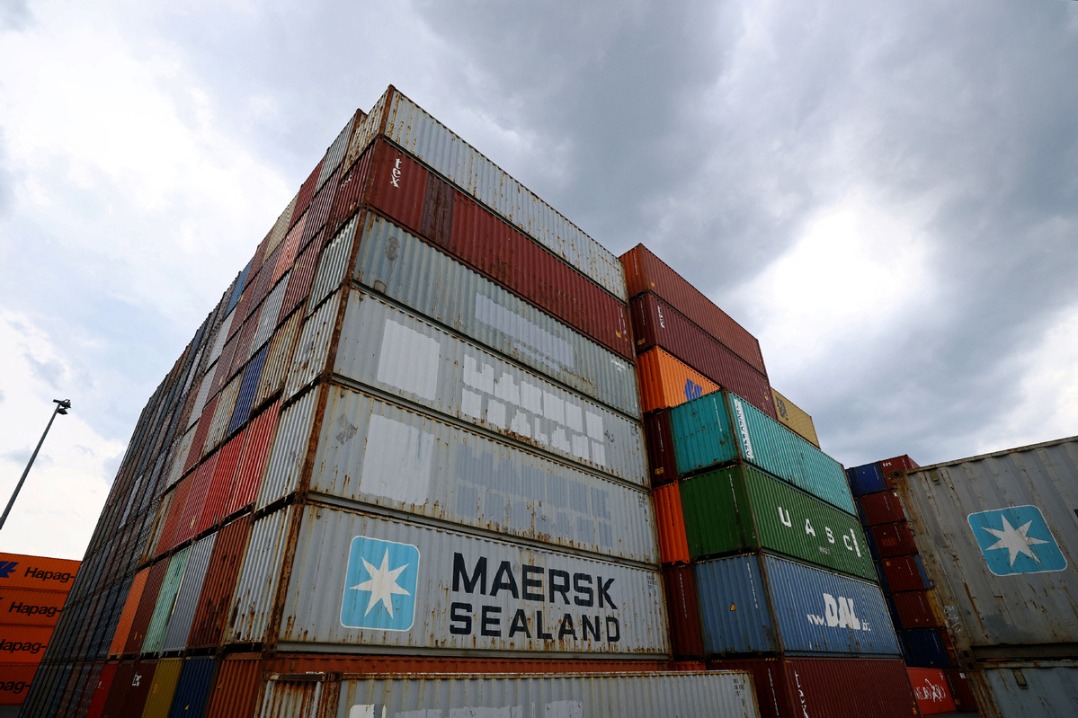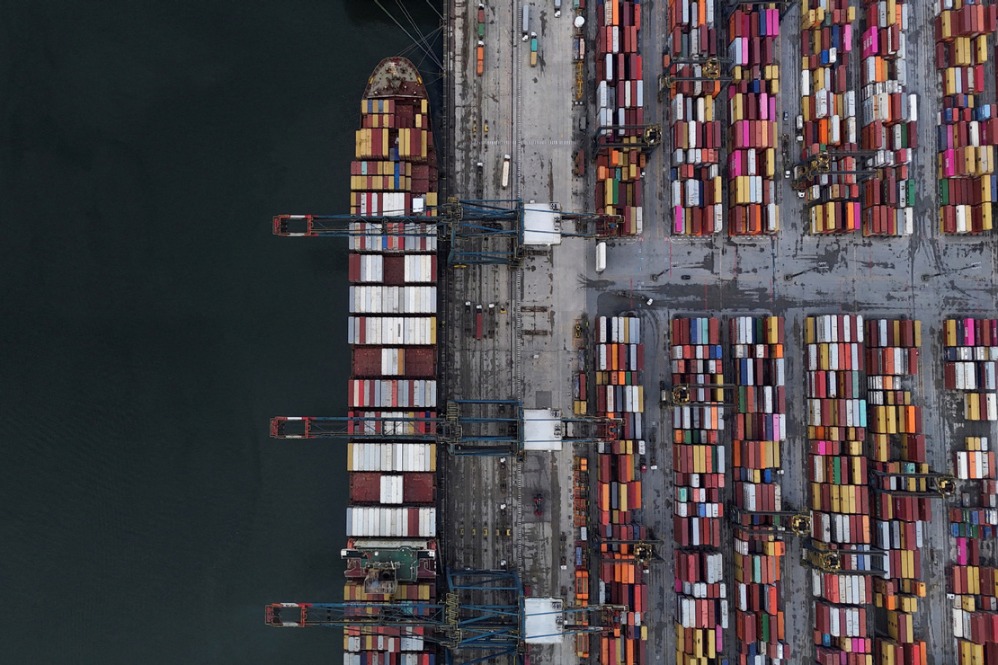Global best practices in sustainable transport launched

A collection of global best practices in sustainable transport was launched on Wednesday at the United Nations headquarters in New York, highlighting success stories from across continents.
The Global Sustainable Transport Best Practices Compilation 2025 features 22 cases from 20 countries in Asia, Africa, Europe and the Americas. The event was co-hosted by China's Global Sustainable Transport Innovation and Knowledge Center and the UN Department of Economic and Social Affairs.
Navid Hanif, UN DESA's assistant secretary-general for economic development, said sustainable transport is not an abstract idea, but a real path shaped by concrete innovations.
He called for deeper global cooperation and commended the initiative as "a solid contribution" to the upcoming UN Decade of Sustainable Transport (2026-35).
Sun Lei, China's deputy permanent representative to the UN, acknowledged the lag in progress toward the 2030 Agenda but emphasized that sustainable transport remains a key entry point for accelerating development. The collection "offers not only tools but also inspiration for global cooperation", he said.
Astra Bonini, deputy director of the UN DESA Division for Sustainable Development Goals, introduced the priorities of the UN Decade of Sustainable Transport, describing the best practices collection as "a living knowledge platform" that supports South-South cooperation, capacity-building and transport investment.
Since the first UN Global Sustainable Transport Conference in 2016 and the second in 2021, the international community has moved from shared visions to implementation, with the aim of building a global network of applied knowledge to guide decision-making and drive action, according to China's Global Sustainable Transport Innovation and Knowledge Center.
The collection showcases innovative and scalable practices in transport infrastructure, green technology, smart mobility and inclusive public transit.
Among China's contributions is the "Four-Wells Rural Roads" initiative in Shaoxing, Zhejiang province — focusing on roads that are well built, managed, maintained and used. The program has expanded rural road coverage, raised infrastructure standards, and introduced designated road managers and integrated transport hubs. These efforts have improved local mobility and logistics, offering a model for rural transport development.
Chinese President Xi Jinping in 2014 issued instructions on rural road construction to eliminate traffic bottlenecks restricting rural development, and to facilitate poverty alleviation work in the countryside.
Xi ordered that rural roads be built well, managed well, maintained well and used well — known as "Four-Wells Rural Roads".
Also featured were Egypt's eco-railway linking Cairo and 10th of Ramadan City; South Africa's road modernization initiatives; Singapore's push for multifuel bunkering and maritime decarbonization; and Brazil's efforts to strengthen the climate resilience of its transport systems.
















